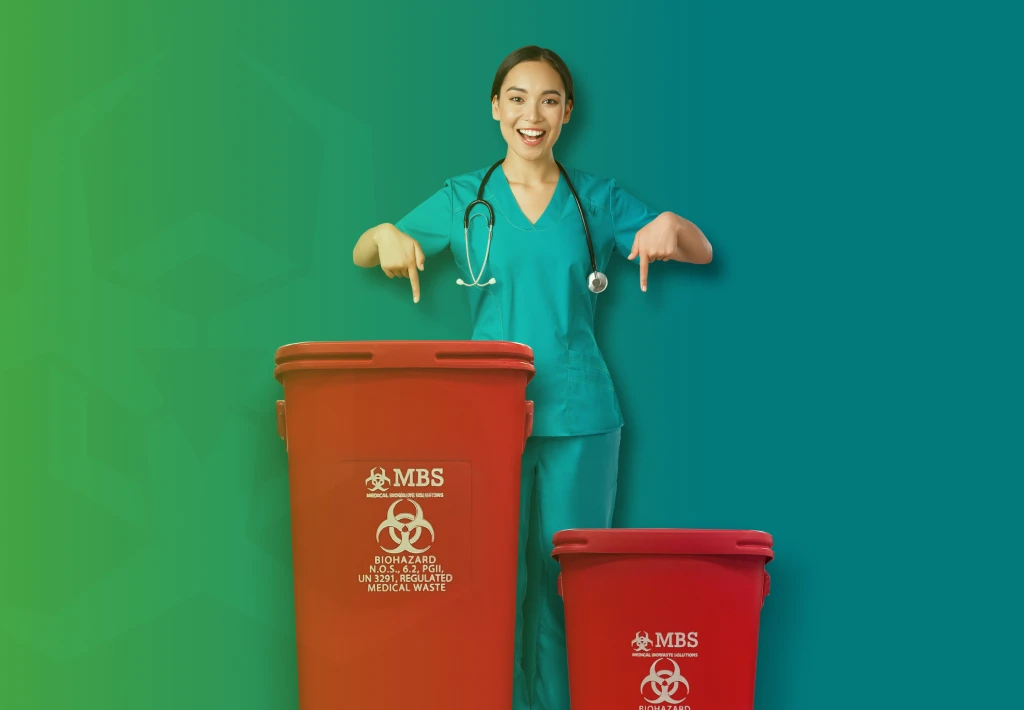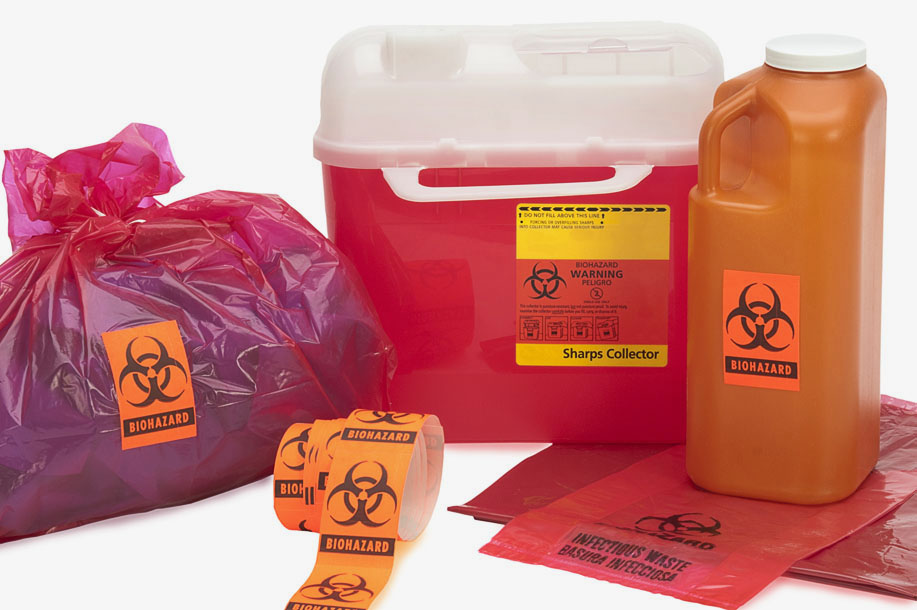Navigating Medical Garbage Disposal: Important Providers for Healthcare Facilities
In the elaborate landscape of healthcare operations, the management of clinical waste is a vital aspect that demands precise focus. Health care facilities, whether tiny facilities or big healthcare facilities, are entrusted with the duty of handling, dealing with, and dealing with a wide selection of medical waste streams. The intricacies involved in browsing with the regulatory needs, guaranteeing correct waste segregation, and implementing safe collection and transport procedures are paramount. Understanding the important services that support clinical garbage disposal is not simply an issue of compliance however additionally a fundamental part in protecting public wellness and environmental well-being. The complexities of this process are crucial for medical care facilities, and the proficiency supplied in this realm plays a crucial function in maintaining the honesty of medical care systems.
Regulatory Compliance Support
For health care centers, guaranteeing regulative conformity assistance is vital to maintain correct handling and disposal of clinical waste. By partnering with governing compliance experts, healthcare facilities can remain current on evolving guidelines, alleviate dangers linked with inappropriate waste disposal, and eventually add to a much safer and a lot more sustainable setting for all.
Waste Partition Guidance

Healthcare centers should offer clear standards and training to personnel on how to segregate waste effectively. This includes separating general waste from harmful materials such as sharps, transmittable waste, drugs, and chemical waste. Color-coded containers, tags, and signage are commonly utilized to assist in waste segregation techniques. Routine audits and monitoring of waste partition processes are necessary to recognize any issues and make required enhancements.
Collection and Transportation Providers

Proper collection and transportation services are necessary components of the medical garbage disposal process in medical care facilities. These services make sure that harmful materials are taken care of safely and in conformity with regulations to secure both the environment and public health and wellness. Medical care centers depend on specialized waste monitoring companies to supply efficient collection and transport services tailored to their requirements.
Clinical waste collection includes segregating various sorts of waste at the factor of generation, utilizing color-coded bins or bags to differentiate between basic, hazardous, pharmaceutical, and various other waste streams. Educated employees should perform this task to avoid contamination and make sure appropriate disposal. As soon as collected, the waste is transported in dedicated lorries outfitted to deal with hazardous materials securely. These cars comply with stringent security requirements and follow designated courses to qualified treatment facilities for disposal via methods such as incineration, landfilling, or sterilization.
Therapy and Disposal Solutions
In the realm of clinical waste disposal for healthcare centers, after the essential stage of collection and transportation solutions, the emphasis changes towards executing effective treatment and disposal services. Therapy solutions usually involve procedures such as autoclaving, which utilizes heavy steam under stress to disinfect the waste. This method is commonly utilized for transmittable waste that needs to be made non-hazardous prior to disposal. An additional widespread therapy approach is incineration, where waste undergoes high temperature levels in controlled settings to reduce its quantity and remove virus.
Disposal services include the final look at this site action in the clinical waste monitoring procedure. Facilities might go with land fill disposal, where treated waste is meticulously deposited in marked areas. Medical Waste Disposal Services. Additionally, healthcare centers can choose to use waste-to-energy facilities, which blaze waste to generate electrical energy. Recycling and source recovery are additionally gaining grip as sustainable disposal choices for specific kinds of clinical waste materials.
Efficient treatment and disposal solutions are critical in making sure conformity with guidelines and protecting public health and wellness and the setting. Medical care centers must thoroughly review and choose appropriate approaches that straighten with their waste administration objectives and sustainability campaigns.
Personnel Training and Education

To successfully manage clinical waste disposal in health care centers, detailed personnel training and education and learning play a vital duty in guaranteeing adherence to regulative requirements and preserving a risk-free environment. Proper training outfits team with the expertise and skills needed to deal with various types of medical waste, segregate them correctly, and package them securely for disposal. By enlightening employees on the risks connected with inappropriate handling of medical waste, centers can reduce the likelihood of accidents, contamination, and regulatory offenses.

Conclusion
In final thought, medical care facilities depend on essential medical garbage disposal solutions to ensure regulative compliance, correct waste partition, risk-free collection and transport, reliable treatment and disposal, in addition to staff training and education. These services play an important duty in maintaining the health and wellness of both healthcare workers and the general public, highlighting the value of appropriate administration of clinical waste in healthcare setups.
For medical care centers, making sure governing compliance support is vital to preserve correct handling and disposal of medical waste. Waste segregation includes classifying various types of clinical waste to make sure appropriate handling, treatment, and disposal. This consists of dividing basic waste from unsafe products such as sharps, transmittable waste, drugs, he has a good point and chemical waste.Clinical waste collection entails setting apart various types of waste at the factor of generation, utilizing color-coded bins or bags to differentiate between general, dangerous, pharmaceutical, and various other waste streams.In the realm of clinical waste disposal for healthcare facilities, after the important phase of collection and transportation solutions, the emphasis changes towards executing reliable therapy and disposal solutions.